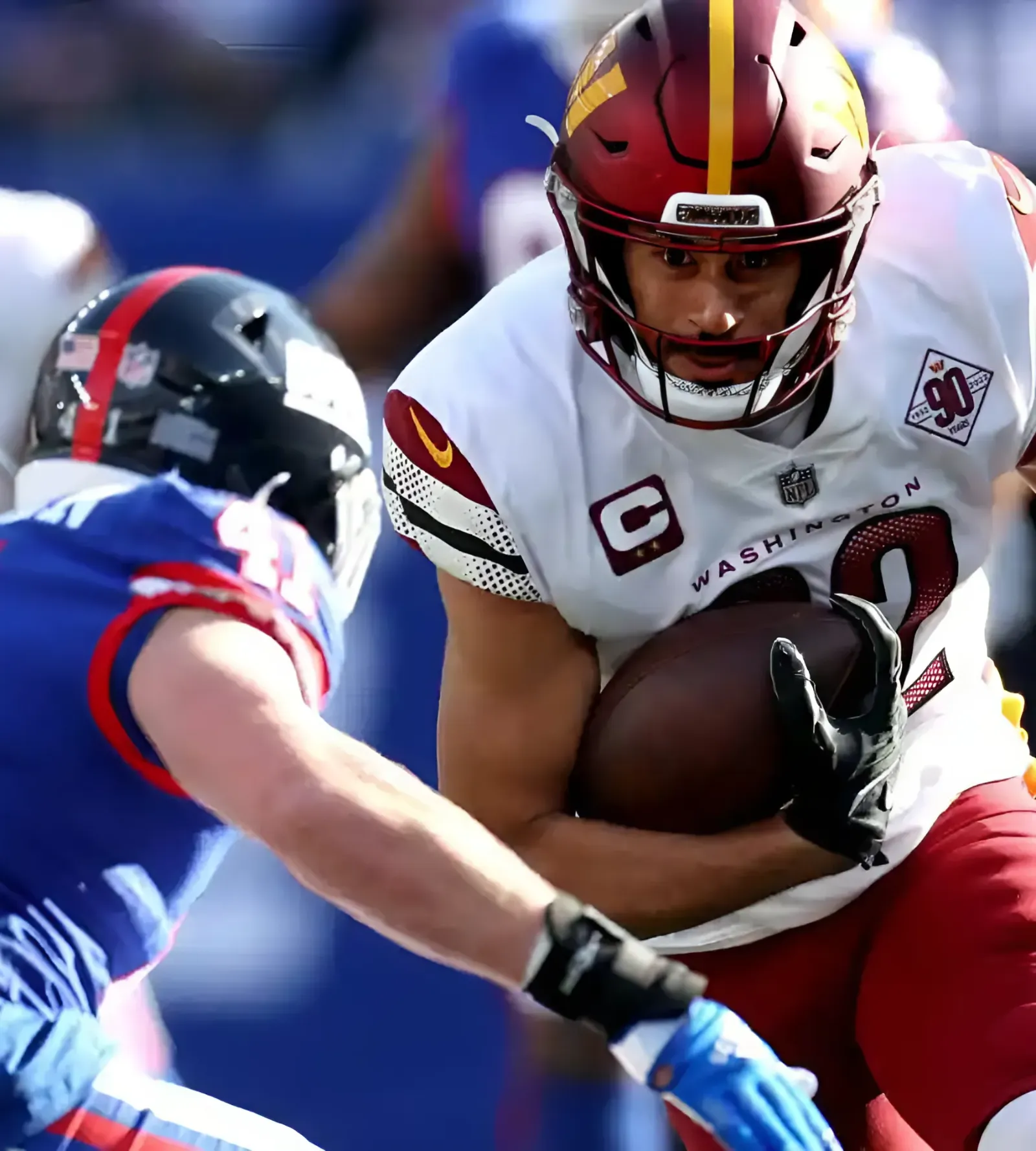
The Boston Bruins have emphasized adding size and physicality to their lineup in recent years, aiming to build a roster capable of withstanding the rigors of a deep playoff run. This shift has shaped many of the team’s roster decisions, including the offseason signing of defender Nikita Zadorov. Standing 6-foot-6 and weighing 248 pounds, Zadorov was brought in on a six-year contract to add an element of “snarl” to the lineup, and in that respect, general manager Don Sweeney has gotten exactly what he wanted. Zadorov’s bruising style has already made its mark just six games into the season. This physicality, however, comes at a cost as Zadorov has racked up 19 penalty minutes in that short span, creating a different potential issue that the Bruins must address now before it becomes a major obstacle.
Zadorov Adding Physicality and Grit
Signing Zadorov to bolster the Bruins’ blue line wasn’t a misguided move. In fact, for a team that seemed hesitant to use a smaller defender like Matt Grzelcyk during playoff matchups, Zadorov’s size and presence were logical additions. His physical play brings an edge the Bruins have lacked at times. When on the ice, Zadorov is a solid defensive player capable of delivering hard hits, clearing the crease, and asserting himself against opponents’ top players. His size alone can intimidate, but it’s his willingness to engage in physical battles and stand up for his teammates that makes him a valuable piece in a defensive unit that now has more muscle.
For a team that’s been known for its gritty, no-nonsense approach like the Bruins, Zadorov is a perfect fit. His ability to neutralize players in front of the net, block shots, and throw his weight around on the penalty kill has already been apparent. When Zadorov is on his game and playing within the rules, the Bruins are a more formidable team.
Zadorov’s contributions also extend beyond his size and physicality. He’s not a liability when the puck is on his stick, and he has shown flashes of offensive capability throughout his career. Though scoring isn’t his primary role, he has a decent shot and can contribute with well-timed plays in the offensive zone, helping the Bruins transition from defense to offense more smoothly. Getting three points in six games out of Zadorov is already a win for the team and while he isn’t being paid for his offensive contributions, the fact that they exist at all is a bonus and already a step up from yesteryear when players with size typically filled one role.
Zadorov’s Penalty Issues
Despite the clear advantages Zadorov brings to the Bruins, his aggressive style comes with a glaring problem in the form of penalties. Through just six games this season, Zadorov has already accumulated 19 penalty minutes, including at least one penalty in every game. This is not a new trend for Zadorov, who had 125 penalty minutes in 75 games last season, including 102 penalty minutes in just 54 games with the Vancouver Canucks. Zadorov has shown that he isn’t afraid to play with an edge on the ice, even if it means toeing the line set by the referees.
The problem is not so much that Zadorov is taking penalties—after all, physical players are expected to occasionally end up in the box—but rather, the frequency and timing of these penalties. The Bruins can’t afford to be consistently shorthanded, especially with Zadorov averaging over three penalty minutes per game. In a league where special teams can make or break a game, Zadorov’s lack of discipline could quickly become a major liability. Opponents know this and may look to goad him into penalties, taking advantage of his reputation as a hard-hitting, aggressive player with a tendency to stand up for his teammates. Though the reasoning is sound, the execution needs to be smarter.
Striking the Balance Between Physicality and Discipline
For the Bruins to make the most of Zadorov’s presence, they need him to strike a better balance between playing tough and playing smart. His physicality is undoubtedly valuable, but it’s only effective if he stays on the ice. One of the challenges for physical defensemen like Zadorov is finding that fine line where they can impose their will without crossing over into reckless play. There have been stretches in Zadorov’s career where he’s managed to do just that. For example, for much of his career, he has averaged closer to one penalty minute per game, a much more manageable figure that the Bruins can live with.
The Bruins coaching staff will need to work closely with Zadorov to help him adjust his game to avoid unnecessary penalties while still playing his brand of hockey. This could involve focusing on positioning and stick work, rather than solely relying on brute force to defend. Zadorov has the ability to play within the rules, and if he can make the necessary adjustments, he will be an invaluable asset for the Bruins, particularly in the playoffs, where staying out of the penalty box is even more critical.
An example of this can be seen in former Bruins captain and long-time defender Zdeno Chara. There was a stretch of his career at the tail-end of his time with the New York Islanders and through his four seasons with the Ottawa Senators that Chara was averaging close to two minutes of penalties per game in the regular season. During his time with the Bruins, and more specifically, the further he got into his career, he’d gained the wisdom and experience of knowing when and how to use his size advantage in a way that would help the Bruins without simultaneously hurting them.
https://twitter.com/smclaughlin9/status/1847823944021078168
There’s no denying that the Bruins need Zadorov’s physicality, especially given their goals of competing in the playoffs against some of the toughest teams in the league. His presence on the ice makes the Bruins harder to play against, and his willingness to step up for his teammates is something the team will value throughout the season. If Zadorov can’t rein in his penalty habits, however, the Bruins may find themselves frequently shorthanded, a situation that could cost them games when it matters most.
Six games is a very small sample size and it’s more likely than not that this won’t prove to be a season-long issue if the coaching staff gets involved early. The challenge for both Zadorov and the Bruins is to harness his physical edge without letting it become a detriment. If they can find this balance, Zadorov will prove to be a key piece of their blue line for years to come. Until then, the Bruins will have to keep a close eye on how his physicality impacts their ability to win games.
This article first appeared on The Hockey Writers and was syndicated with permission.



